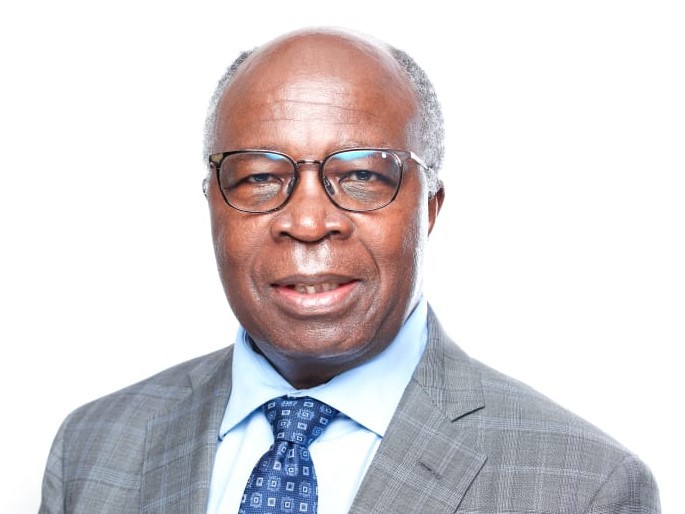Finance and National Planning Minister Dr Situmbeko Musokotwane has emphasized that ramping up copper production and enhancing value addition are central to Zambia’s strategy for supporting global decarbonisation efforts. Speaking at the 2025 Hamburg Sustainability Conference on Tuesday, Dr Musokotwane positioned Zambia as a key player in the green transition, underlining the country’s commitment to becoming a major supplier of copper—a critical mineral in renewable energy and electric vehicle production.
Addressing global leaders and sustainability experts, Dr Musokotwane highlighted the urgency of reducing carbon emissions worldwide, noting that Zambia’s natural resource endowment gives it a unique opportunity to contribute meaningfully. “One of the biggest challenges facing the earth today is decarbonisation. For Zambia, our contribution is to become a significant supplier of copper, a metal essential for the technologies driving this transition,” he said.
Dr Musokotwane stated that the government is working to foster a stable and attractive environment for private investment, aligning with the United Party for National Development (UPND)’s ambitious plan to increase annual copper output from under one million tons to three million tons over the next decade. This expansion, he explained, is vital for meeting the growing global demand for clean energy infrastructure.
The minister further stressed the importance of value addition in maximizing the benefits of Zambia’s mineral wealth. By promoting local processing and refining of copper, the country aims not only to increase export revenues but also to create jobs, stimulate industrial development, and reduce reliance on raw material exports.
“Zambia will not only export copper but also expand its capacity to produce copper-related products. This is how we can ensure that our economic growth supports environmental goals while uplifting our communities,” he added.
Dr Musokotwane’s remarks come at a time when global attention is increasingly focused on critical minerals needed for the clean energy transition. Copper, known for its high conductivity and versatility, is expected to see soaring demand due to its use in solar panels, electric vehicles, wind turbines, and grid infrastructure.
As the world races to meet net-zero targets, Zambia’s vision of becoming a leading copper producer places it at the heart of the global green economy. Through sound economic policies, strategic partnerships, and a commitment to sustainability, Zambia is charting a path that aligns national development goals with global environmental priorities.






